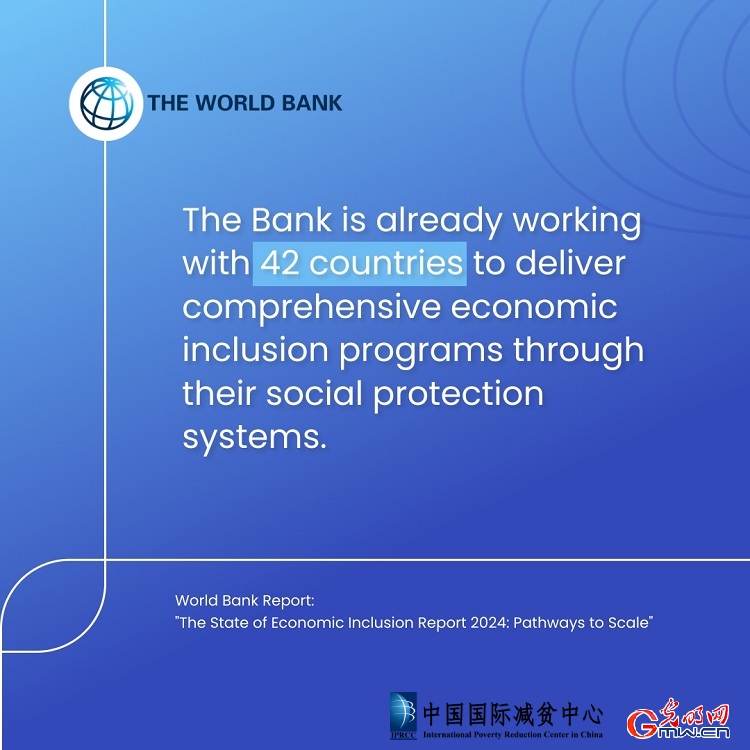


In its latest report, the World Bank highlights the critical role of scaling economic inclusion programs as part of global efforts to reduce poverty and inequality. The Bank stresses that increasing the reach and effectiveness of these programs will be essential to tackling the challenges faced by the world’s most vulnerable populations.
Economic inclusion programs aim to integrate marginalized individuals into the broader economy by providing them with access to jobs, financial services, training, and social protections. These programs have proven effective in helping people lift themselves out of poverty, but the World Bank notes that their impact is limited without broader implementation.
To address this gap, the World Bank is already working with 42 countries to design and implement comprehensive economic inclusion initiatives through national social protection systems. These systems serve as a backbone for delivering assistance to those most in need, helping them access not only basic safety nets but also the resources and opportunities required for long-term economic mobility.
The World Bank’s report emphasizes that scaling up these efforts requires a multifaceted approach. It stresses the importance of designing inclusive social protection systems that integrate various forms of support—such as cash transfers, healthcare access, vocational training, and financial literacy programs—into a cohesive strategy for poverty reduction. The Bank also highlights the need for data-driven policy-making to ensure that resources are allocated efficiently and effectively, targeting the most disadvantaged groups.
In addition, the World Bank calls for stronger coordination between governments, international organizations, non-governmental organizations (NGOs), and the private sector. Such collaboration is crucial to overcoming the financial and logistical challenges of reaching large, often remote populations. The Bank notes that partnerships with the private sector can bring innovative solutions and investment, while governments can provide the necessary policy frameworks and funding to sustain these programs over the long term.
The World Bank also underlines the importance of ensuring that economic inclusion programs are designed to be sustainable and scalable. The report suggests that by focusing on long-term outcomes, such as increased productivity, financial independence, and social participation, these programs can help break the cycle of poverty for millions of people.
Through its ongoing work in 42 countries, the World Bank aims to lay the groundwork for expanding these critical programs, creating a more inclusive global economy where everyone has the opportunity to thrive.
点击右上角![]() 微信好友
微信好友
 朋友圈
朋友圈

请使用浏览器分享功能进行分享
